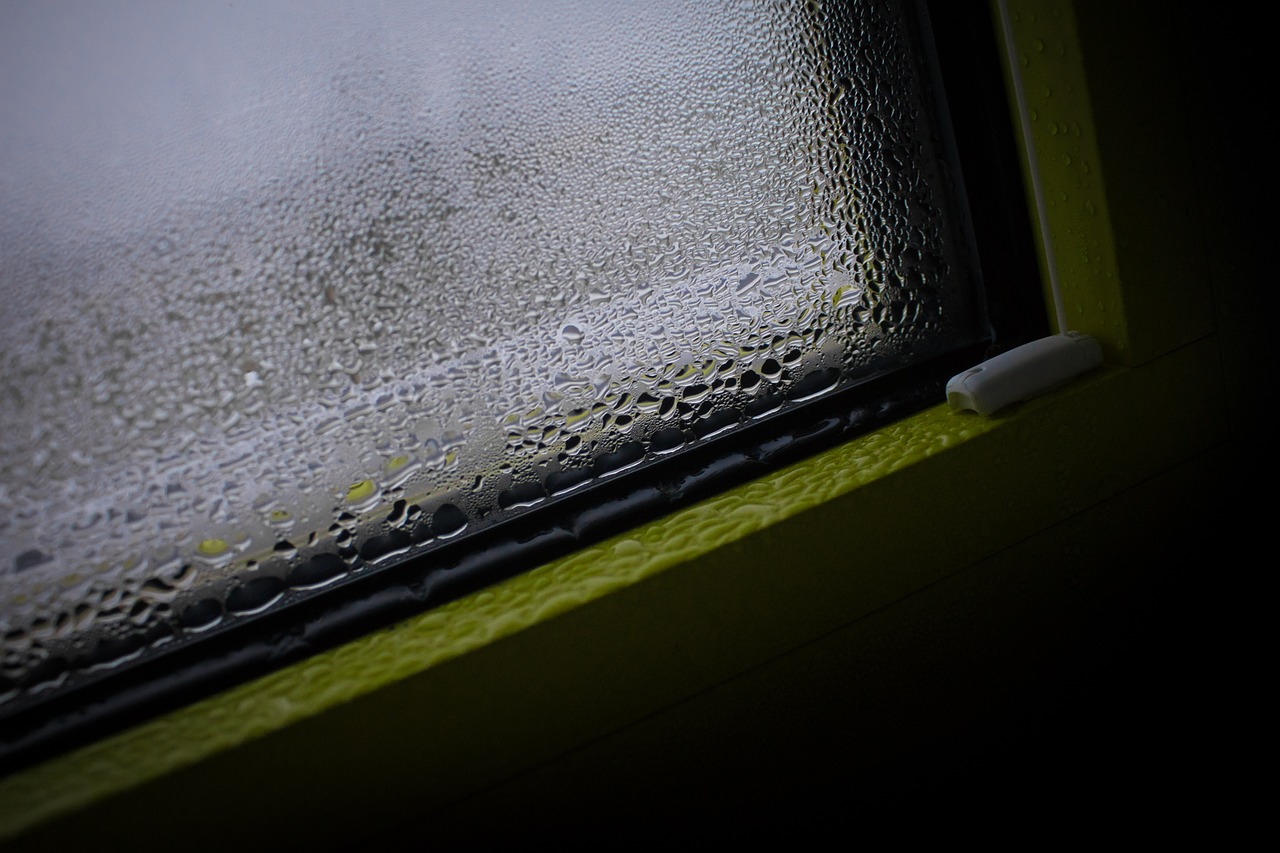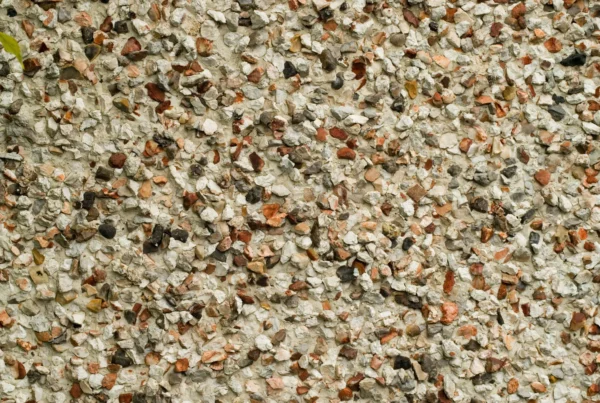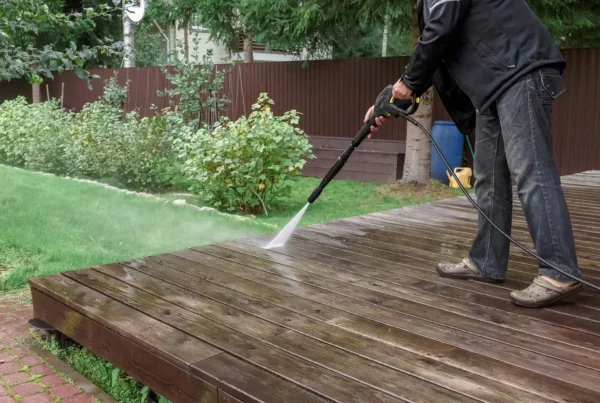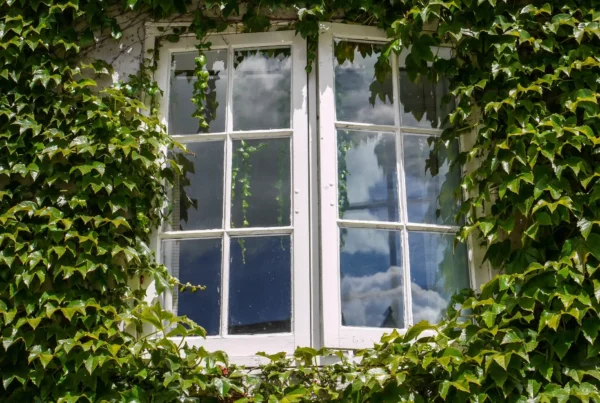Condensation on windows is a very common problem, and it can be caused by many different factors.
Condensation on windows is the formation of droplets on the surface of a material that occurs when heat is released from an object and its surrounding air cools below the dew point. This causes the water molecules in the air to turn into liquid drops on the surface of the windowpane. Most people associate condensation with wintertime, but it can occur year-round if your home isn’t properly insulated or if it has poor ventilation.
It’s important to know how to prevent condensation on windows so you don’t end up with a permanent foggy film and mould over your windows. Oh, and if you are based around Cardiff, we can clean your windows, after you’ve fixed condensation issues!
Causes of Condensation on Windows
Condensation on windows is caused by a high humidity level and a temperature difference between the inside of your home and the outside.
Condensation occurs when warm air inside your home meets cold glass, causing water droplets to form on the windowpane. If these water droplets are not removed from your windows, they can cause damage over time by forming mould or mildew growths on them.
To prevent condensation from forming on your windows in the morning:
- Increase ventilation in rooms where people spend most of their time (e.g., bedrooms), such as opening windows slightly during warmer months so that cooler outside air comes into contact with warm indoor air more easily. This will help regulate temperatures within these rooms better than if both were left closed off entirely together at night time when it’s cold out!
Prevention Techniques: Reduce Indoor Humidity
- Use a dehumidifier. If you have an overly humid room, use a dehumidifier to bring down the indoor humidity and prevent condensation on windows.
- Use exhaust fans in bathrooms and kitchens. When taking showers or using the bathroom sink, make sure to turn on the exhaust fan so that humid air can escape through it instead of staying trapped inside your home’s walls or attic space. This will help reduce moisture build-up inside these areas.
- Avoid drying clothes inside, You can avoid condensation on windows by not drying your clothes inside, and instead hanging them up outside to dry. You can dry clothes outside even in subzero temperatures! Your washing will still dry, however, it will take a bit longer!
Prevention Techniques: Upgrade Insulation
Consider hiring a thermal imaging camera before starting work on your insulation. These cameras will show you the exact spots that require improvements. Also, they are fun to use! You can normally hire one for around £50-£90 a day.

- Upgrade insulation in your home. Insulate walls, attics and basements to prevent heat from escaping through the walls. This will keep the temperature of your house more consistent throughout, which will reduce condensation on windows in the morning or evening when they’re exposed to cold outdoor air.
- Seal air leaks around windows and doors. If you have any cracks or holes around window frames or doors that allow cold air into your home, seal them up with weather stripping or caulk so that you don’t lose valuable heat through those areas of your home as well (you can also use foam insulation kits).
- Replace blown double-glazing units with new ones- if you have single-glazed or double-glazed units that are cracked or damaged, replace them as soon as possible. This will help to keep the cold air outside from coming in and affecting your home’s temperature.
- Use DIY secondary glazing kits – they are cheap and easy to install, however, they work best on windows that you don’t need to open.
Prevention Techniques: Improve Ventilation
If you’re looking for a way to prevent condensation on windows, improving ventilation is one of the most effective ways. By opening the windows and allowing air in through cross-ventilation, or by using a fan to increase air circulation around your home (and thus lower humidity levels), you can help reduce condensation on windows.
If you don’t have any fans in place already, consider installing exhaust fans in your bathrooms or kitchen. These will help pull moisture out of the air before it gets trapped inside your home by raising its temperature and removing moisture from surfaces like windows!
Condensation on windows can be a serious issue, especially if it’s not taken care of quickly. The good news is that with the right tools and knowledge, you can prevent condensation from forming on your windows.




